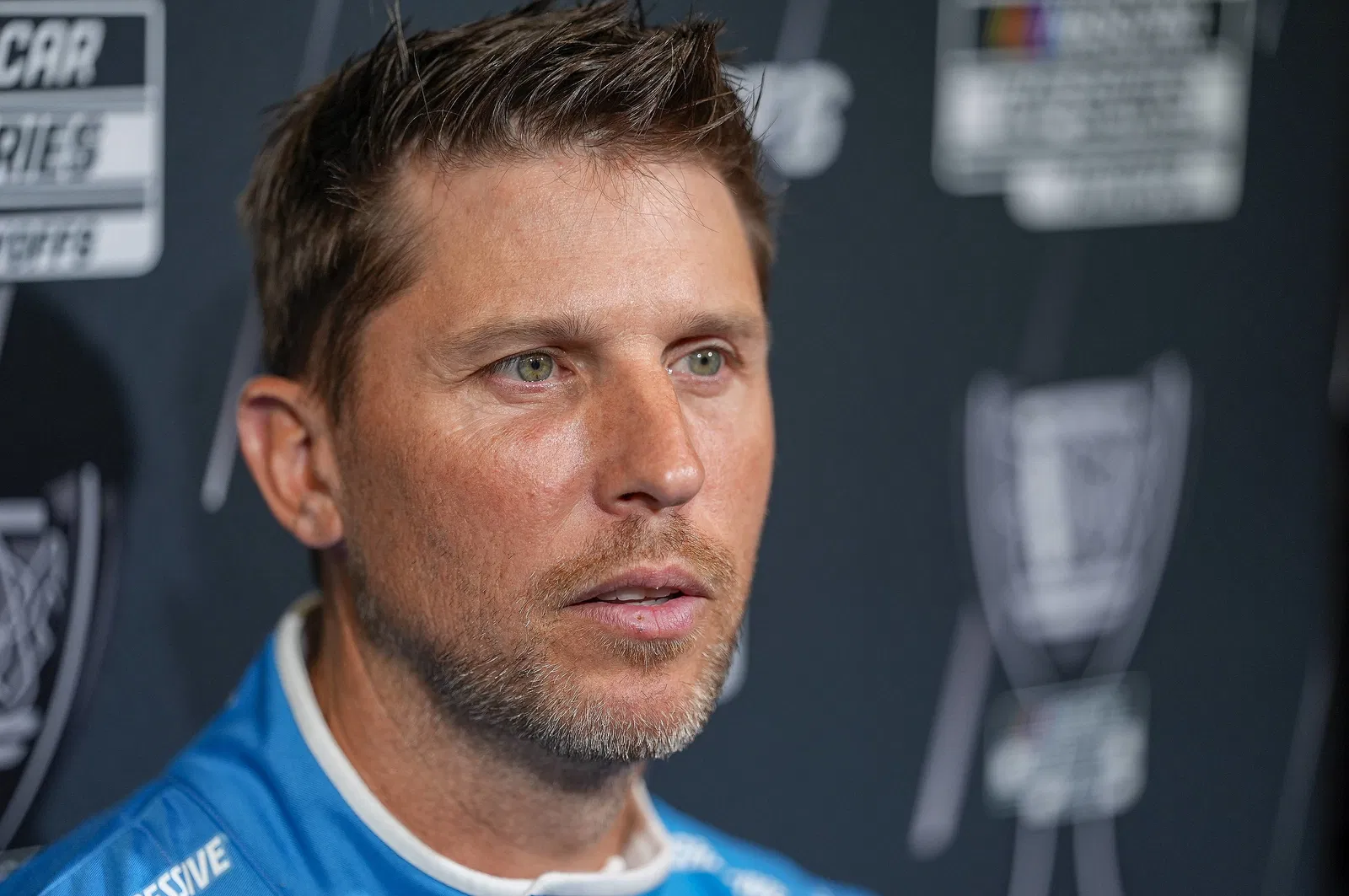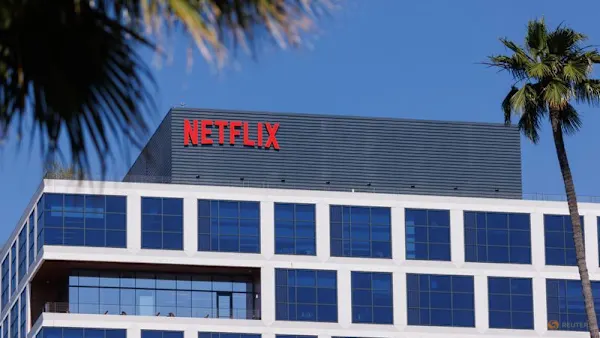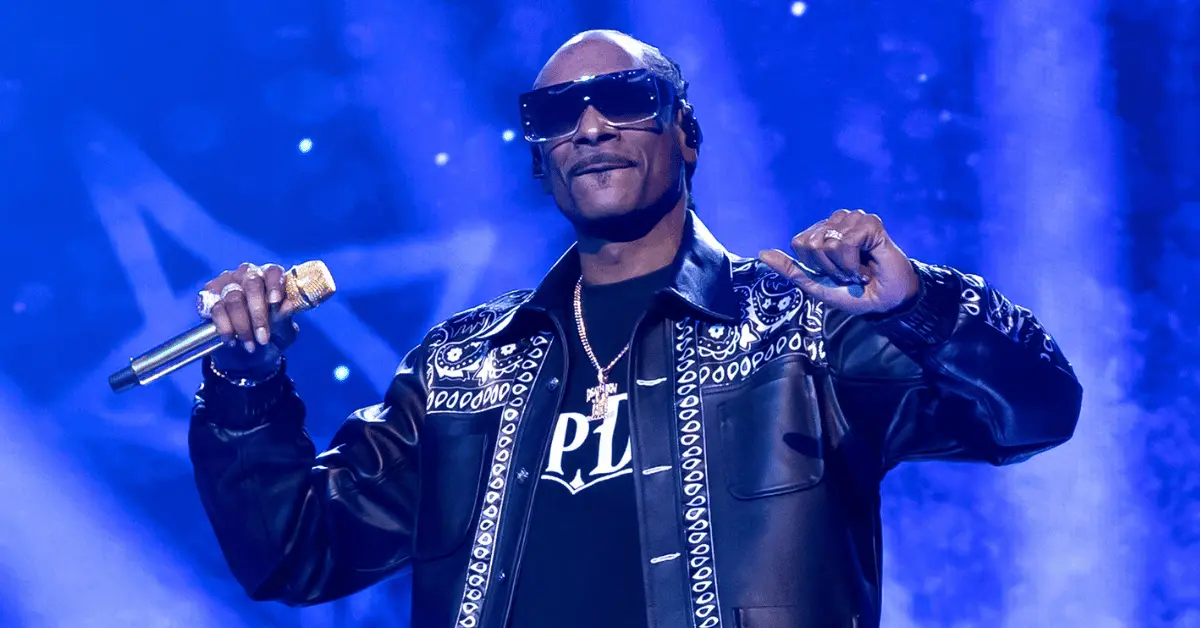Copyright Essentially Sports

The December 1st trial in the NASCAR lawsuit is poised to be a defining moment for the sport’s future. The legal battle, which pits NASCAR against 23XI Racing and Front Row Motorsports, challenges the sanctioning body’s charter system and accuses it of anti-competitive practices. Scheduled nearly a year after the suit was filed, the trial will determine how NASCAR manages team participation, revenue distribution, and potentially reshape the Cup Series landscape. With both sides having already navigated mediation and multiple hearings, all eyes are on the courtroom as the stakes remain sky-high. Beyond the business side, the outcome could directly affect team operations and driver opportunities. However, as Denny Hamlin revealed recently, it will likely impact the trajectory of 23XI’s rising Cup Series talent, whose future may hang in the balance depending on how the case unfolds. ADVERTISEMENT Article continues below this ad Denny Hamlin talks about Corey Heim’s future at 23XI Corey Heim remains a key developmental driver for 23XI Racing, but uncertainty looms over how many Cup Series races he will run next year. Denny Hamlin, 23XI co-owner, emphasized in a recent interview that “the outcome of December 1st will dictate a lot of things” regarding Heim’s schedule. However, for now, Heim “has races on his schedule as of right now and we don’t see any of that changing,” Denny Hamlin told Bob Pockrass, reassuring fans of his current role. Heim, 23, has spent most of 2025 competing in the NASCAR Truck Series under the Tricon Garage banner, where he boasts 10 wins, setting a single-season NASCAR Craftsman Truck Series record. Moreover, he has locked his place in the final 4, and is the favorite to win the title this year. ADVERTISEMENT Article continues below this ad This season, he has also made select starts in the Cup Series driving the No. 67 Toyota Camry for 23XI. In his four appearances, Heim has managed a best finish of 6th at Bristol. The other races haven’t been that eventful, with him finishing 13th (Kansas), 29th (Richmond), and 37th (Nashville). However, he has gained valuable experience and showcased his talent at the highest level. Signed in February 2025 as 23XI’s developmental driver, Heim’s contract reflects the team’s commitment to nurturing his progression through NASCAR’s ranks. However, the ongoing lawsuit between 23XI and NASCAR, centered on the sport’s charter system and team operational rights, introduces potential challenges. Read Top Stories First From EssentiallySports Click here and check box next to EssentiallySports If the trial favors NASCAR, it could limit the number of charters and open car opportunities 23XI holds, potentially restricting Heim’s Cup appearances or forcing shifts back to lower series. However, as Denny Hamlin mentioned, for the time being, Heim’s current schedule remains intact. 23XI is committed to giving Heim opportunities to gain Cup Series experience and continue his development. ADVERTISEMENT Article continues below this ad Latest development in NASCAR lawsuit This week marks a pivotal moment in NASCAR’s ongoing legal battle with 23XI Racing and Front Row Motorsports, as both sides head into mediation ahead of Thursday’s federal hearing. At the center of the proceedings is a summary judgment motion that could significantly reshape the sport’s charter system and broader business model, with implications for team operations, revenue distribution, and competitive rights at the highest level. Industry insiders view this case as one of the most consequential legal battles in NASCAR in decades, with stakes that extend far beyond the courtroom. In their latest filings, 23XI and FRM pushed back aggressively against NASCAR’s economic arguments. The sanctioning body had framed the “relevant input market” to include other motorsports and lower-tier stock car series, a point the teams vehemently rejected. They argued that NASCAR’s analysis misapplies key antitrust principles, noting that while some organizations, such as Team Penske, operate across multiple series, this does not make leagues like IndyCar or lower stock car divisions viable substitutes for Cup Series racing. Citing multiple federal precedents, 23XI and FRM emphasized that cross-series participation demonstrates complementarity rather than interchangeability, meaning involvement in other series does not diminish the integrity or competitiveness of the Cup Series. They also dismissed NASCAR’s claim that lower-level series like Xfinity compete directly in the same market, likening the argument to an MLB star leaving the Yankees for a minor-league team, a scenario no serious analysis would consider equivalent. The mediation represents the teams’ last chance for compromise before the case moves fully into litigation. How the court ultimately interprets these competing definitions of the market and competition could have lasting consequences. Not only could it decide the outcome of this case, but it may also redefine how future teams negotiate charters, operate within the sport, and challenge NASCAR’s control over its financial and competitive ecosystem. For NASCAR, 23XI, and FRM, the stakes could not be higher.



